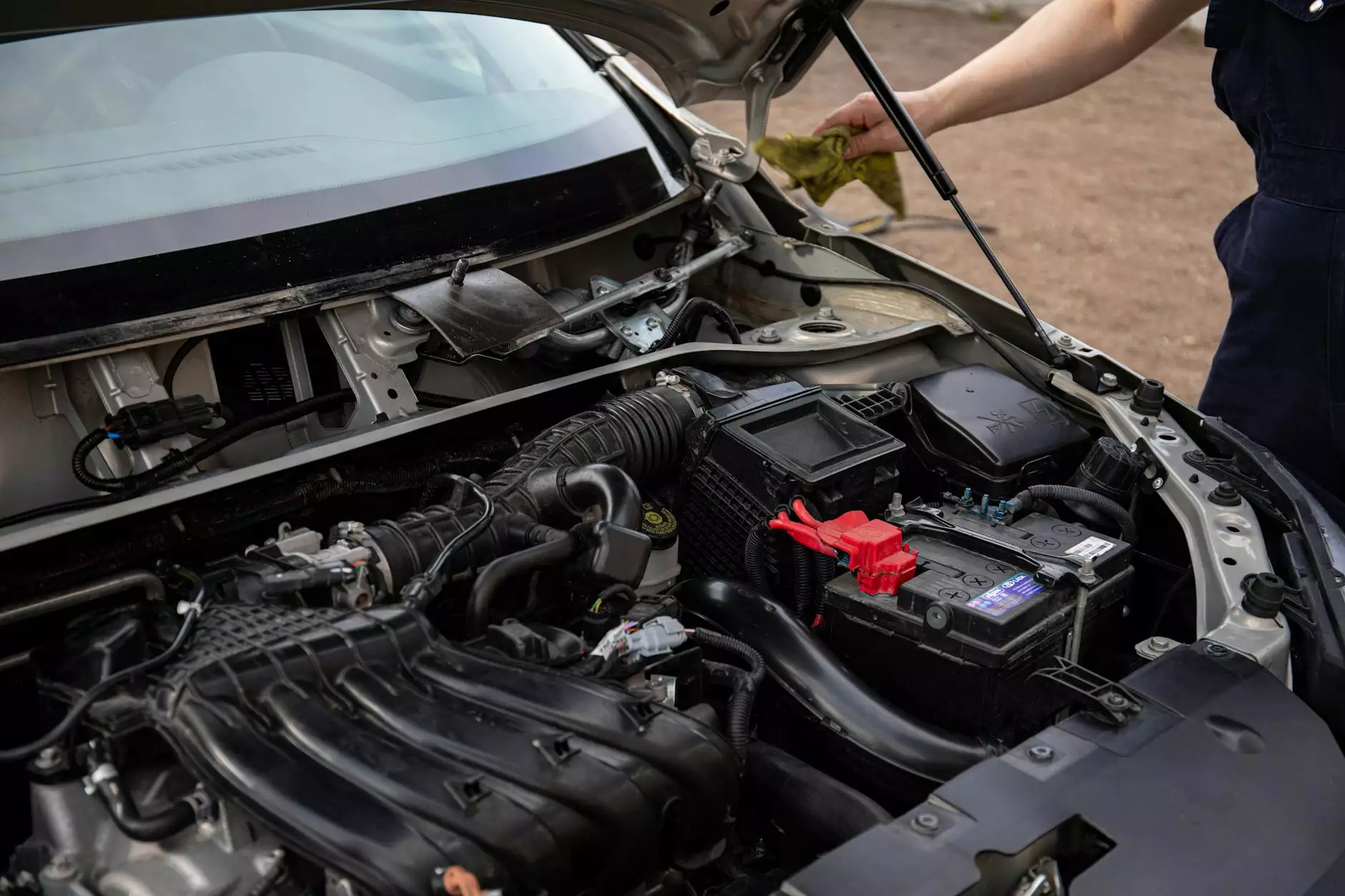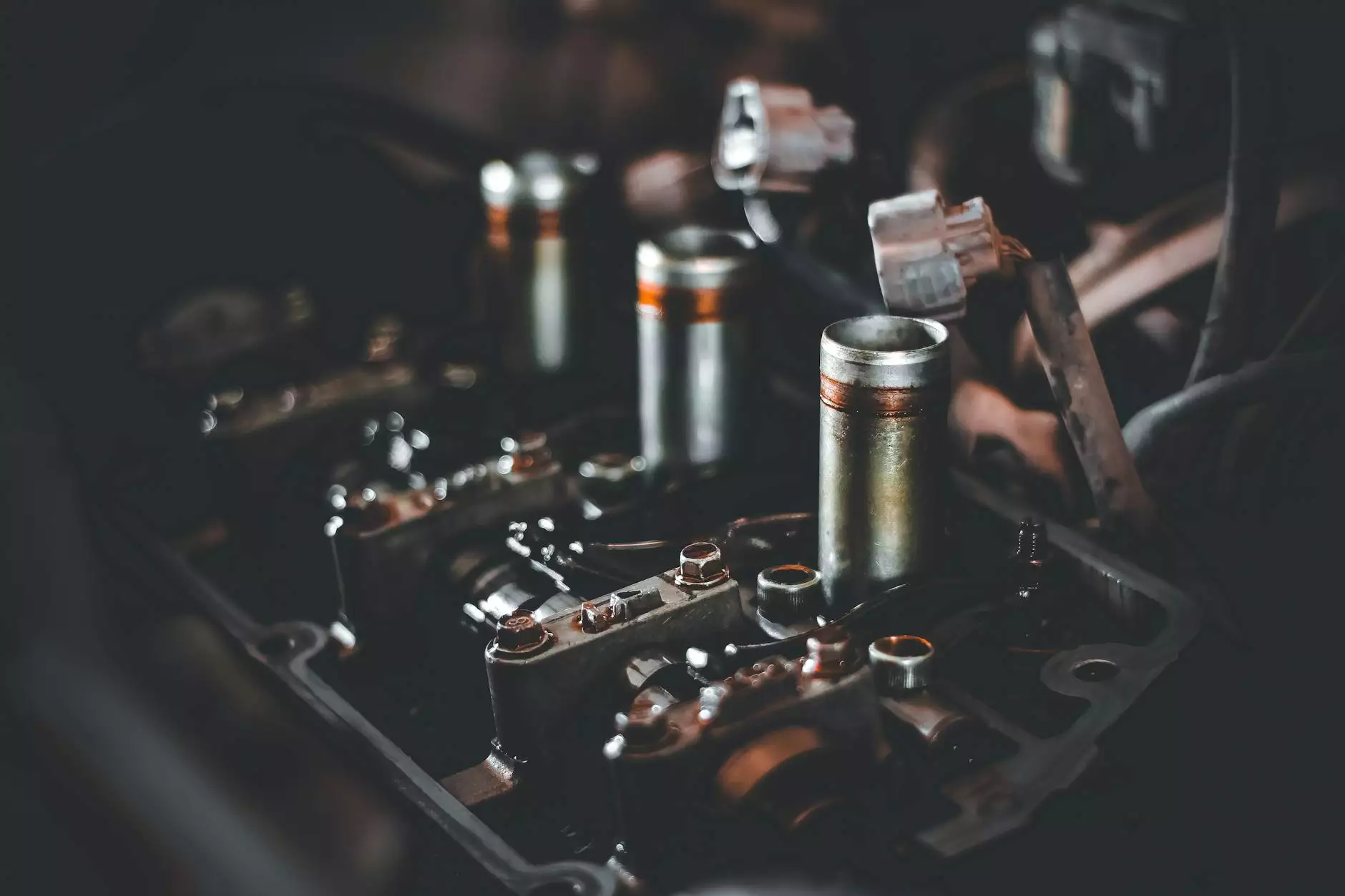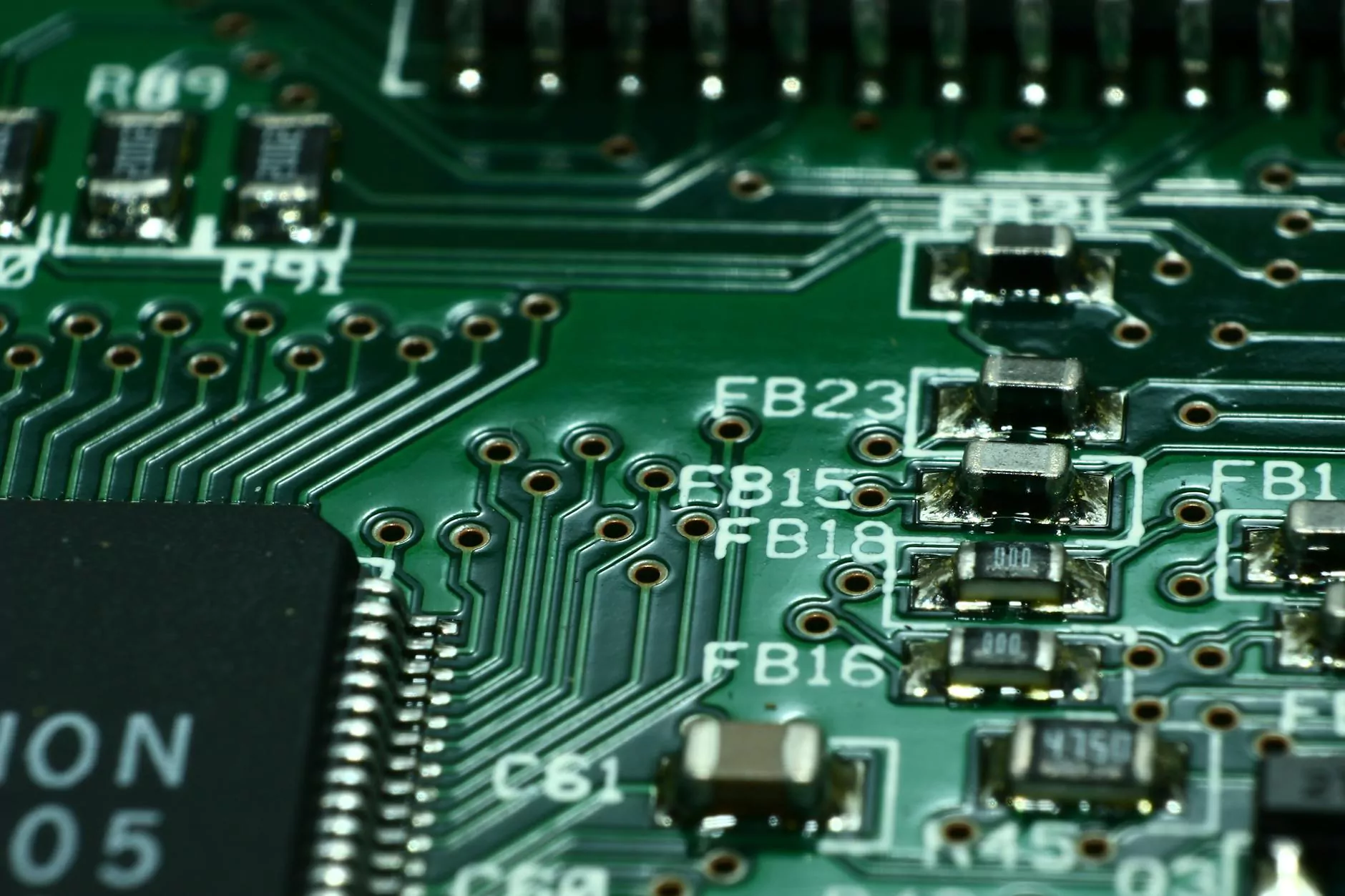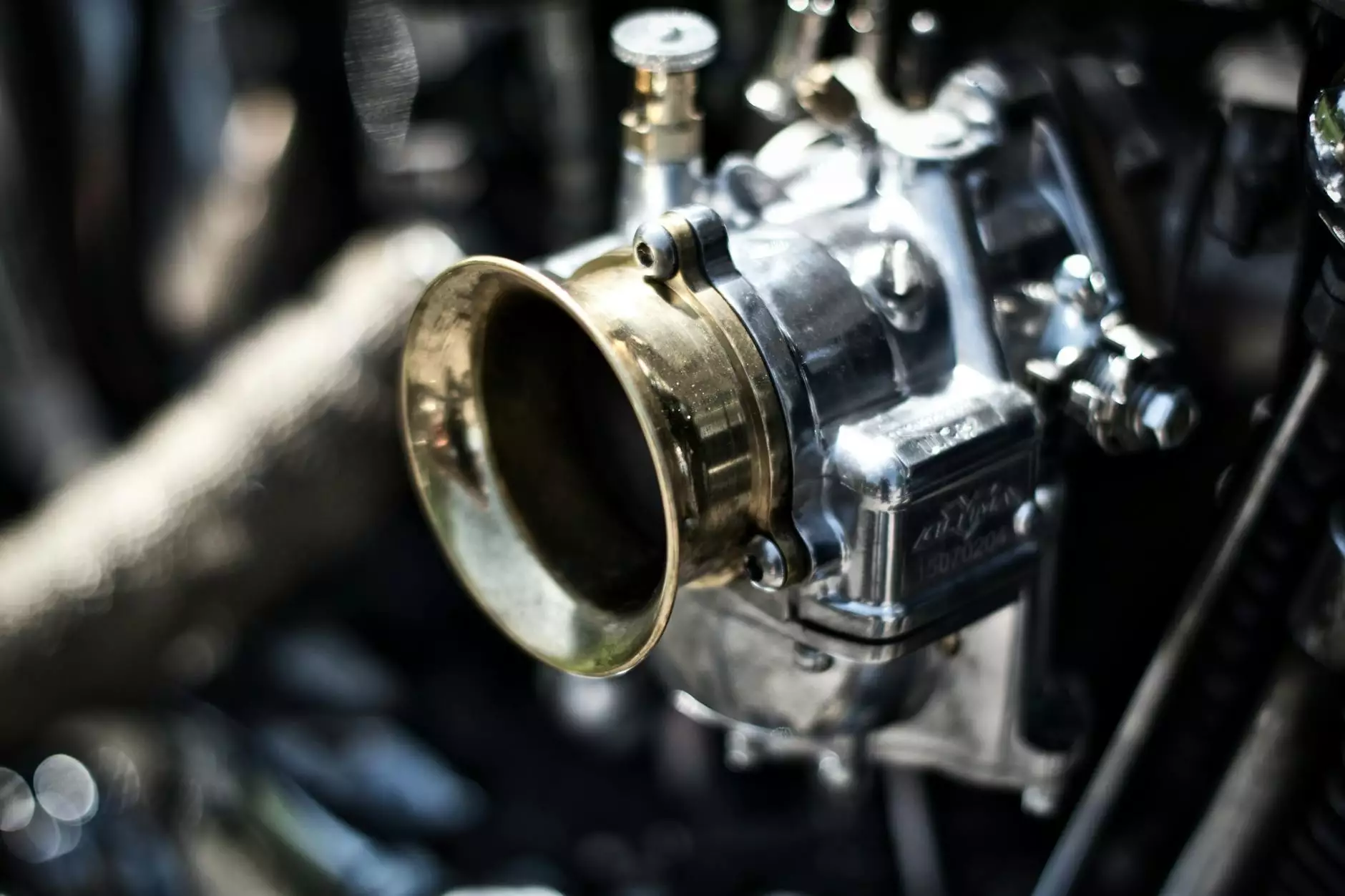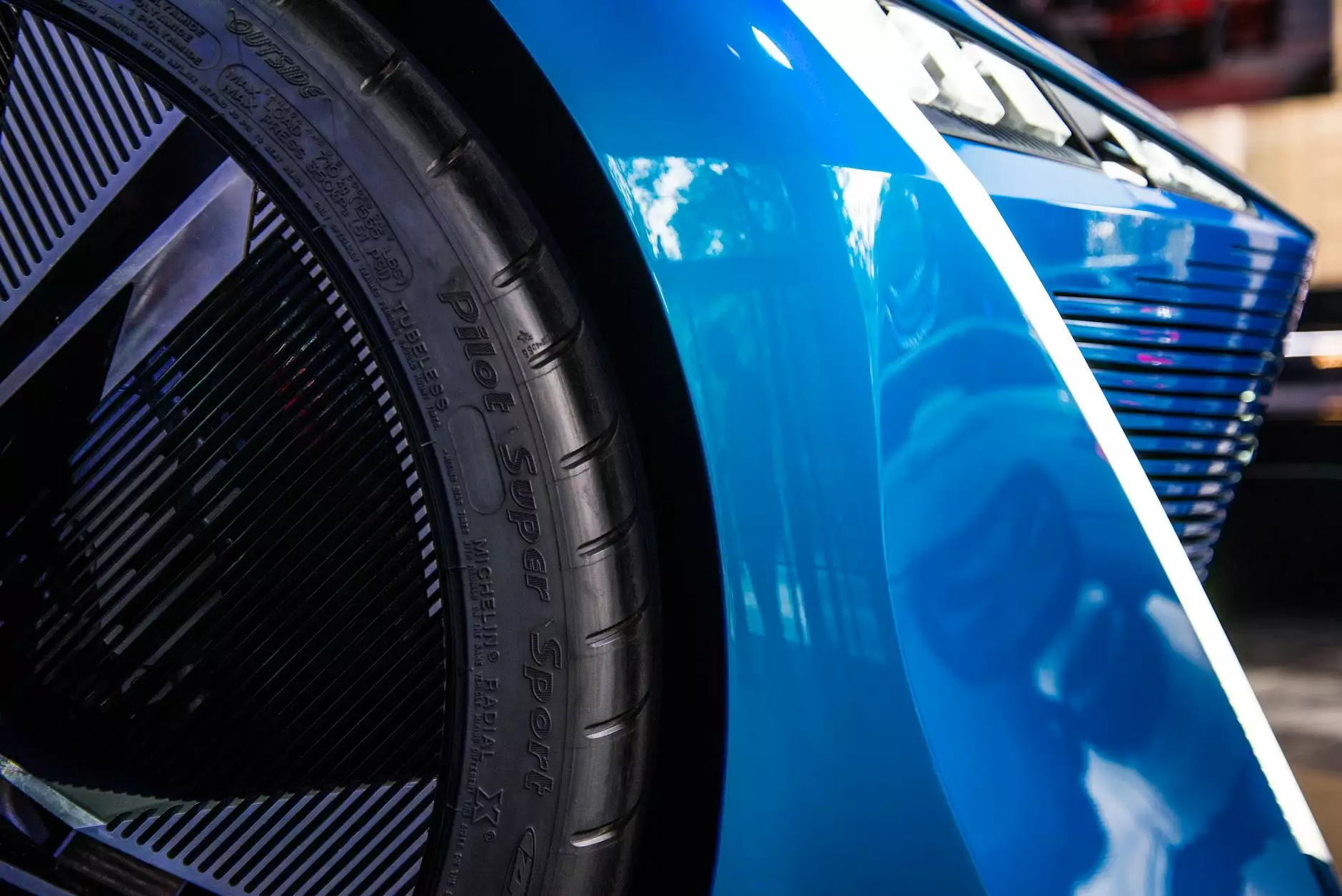The Ultimate Guide to Direct Injection Engine vs Port Fuel Injection
Content Marketing
Introduction to Fuel Injection Systems
In the realm of automotive engineering, the battle between direct injection and port fuel injection has been a longstanding debate. Understanding the nuances and differences between these two technologies is crucial for both automotive enthusiasts and engineers alike.
Direct Injection vs Fuel Injection: Explained
Fuel injection systems are responsible for delivering fuel into an engine's combustion chamber. In traditional port fuel injection, the fuel is injected into the intake port before it reaches the cylinder. On the other hand, direct injection involves injecting fuel directly into the combustion chamber, bypassing the intake manifold. This fundamental difference leads to various performance disparities between the two systems.
Key Differences Between Direct Injection and Port Fuel Injection
- EFI vs Direct Injection: Electronic Fuel Injection (EFI) systems vary in how they deliver fuel compared to Direct Injection.
- Multi-Port Fuel Injection vs Direct Injection: Explore the differences in efficiency and power delivery between these two systems.
- GDI vs Port Injection: Discover the benefits of Gasoline Direct Injection vs Port Injection in modern vehicles.
Benefits of Direct Injection Engines
Direct injection engines offer improved fuel efficiency, higher power output, and better throttle response compared to traditional fuel injection systems. By precisely controlling the amount and timing of fuel injection, direct injection engines can optimize combustion and reduce emissions.
Advantages of Port Fuel Injection
Port fuel injection systems are known for their simplicity and cost-effectiveness. While they may not offer the same level of performance as direct injection engines, port fuel injection systems are reliable and easy to maintain.
Difference Between Direct Injection and Fuel Injection
One of the key distinctions between direct injection and fuel injection is the location of fuel delivery within the engine. Direct injection systems provide more control over fuel distribution, resulting in enhanced power and efficiency. Port fuel injection, while simpler in design, may not deliver the same level of performance but remains a popular choice due to its reliability.
Port Injected Engines vs Direct Injection
When comparing port injection and direct injection engines, it's essential to consider factors such as fuel efficiency, emissions, and overall engine performance. While port injected engines have been a staple in the automotive industry for years, direct injection technology continues to push the boundaries of efficiency and power.
Multi-Point Injection vs Direct Injection
Multi-point injection systems distribute fuel to each cylinder's intake port, offering a balance between performance and simplicity. In contrast, direct injection systems provide more precise control over fuel delivery, resulting in improved combustion efficiency and power output.
Is Direct Injection Better for Your Vehicle?
Choosing between direct injection and port fuel injection largely depends on your driving preferences and vehicle requirements. While direct injection engines offer superior performance, they may require more maintenance and specialized care. Port fuel injection remains a reliable and cost-effective choice for many drivers.
Conclusion
When it comes to direct injection engine vs port fuel injection, each technology brings its own set of advantages and limitations. Understanding the differences between these fuel delivery systems is crucial for making informed decisions when purchasing a vehicle or seeking engine upgrades. Whichever system you choose, both direct injection and port fuel injection play vital roles in shaping the future of automotive engineering.

